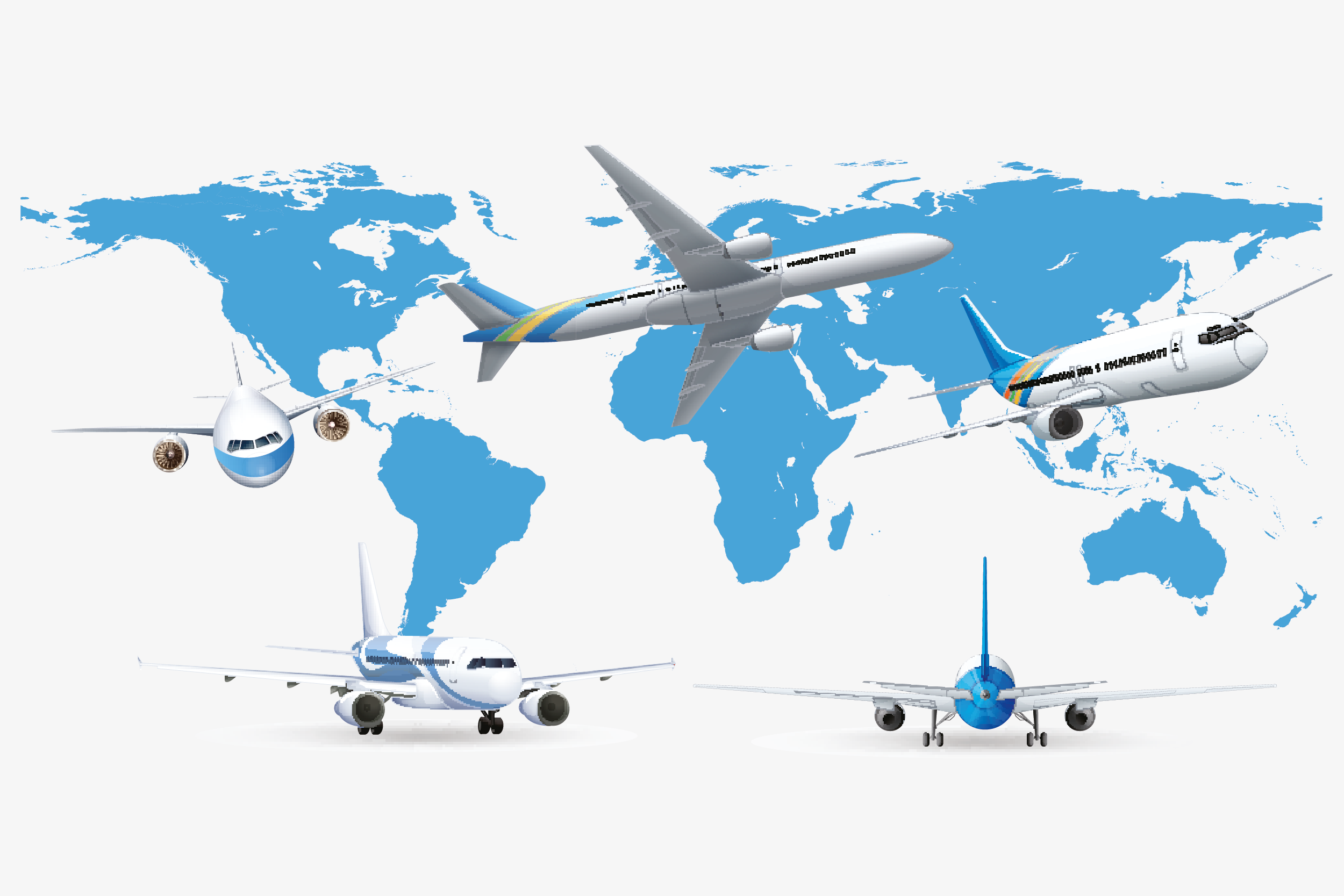Airlines reject proposal to keep middle seat vacant post-COVID; seek PPE instead
Indian airlines have rejected the proposal to keep middle seats vacant once flights resume. In a meeting held earlier this week with the government to discuss social distancing measures, promoters of airlines called the proposed rules redundant while pointing out that such measures of distancing were unlikely to ensure complete safety for passengers. However, such a step would worsen the economics for airlines hit hard by the outbreak of the coronavirus (COVID-19) pandemic, they said.
The airlines have instead suggested compulsory personal protective `1 equipment (PPE) like suits, gloves and mask for flyers and crew members.
“Keeping the middle seat vacant will not ensure safety, it will be mere optics. It is impossible to keep a safe distance between the aisle and the window seat,” Ajay Singh, Chairman and Managing Director, SpiceJet, said.
“It will be more effective if face masks and gloves are made mandatory for passengers,” he said.
Civil aviation regulator DGCA is working on a set of protocols for the resumption of service after the ban on air transport is lifted. As part of that, the regulator has suggested that airlines should not allow the middle seats to be booked.
Airline executives argue that in a single aisle narrow body aircraft, leaving the middle seat empty will not guarantee the necessary 2 metre (which is roughly 78 inches) distance - which has been suggested by health agencies across the world to prevent catching or spreading of the flu.
For instance, a typical IndiGo A320 aircraft has 18-inch seats with a 25-inch aisle. So, if a distance of 2 metre has to be maintained, there can only be two passengers seated on two window sets. In a row of six seats, the remaining four seats have to be left empty, the airlines have argued.
Similarly, maintaining a 2-metre distance would also mean that airlines will need to leave every immediate window seat empty.
“It is absolutely impossible to operate with the restriction on one-third of the seats unless fares see a threefold increase,” said an executive of IndiGo. Passengers would not be ready to pay that much," he added.
A government official, however, cited global aviation examples on social distancing measures. Chinese regulator CAAC, for instance, has advised that airlines must seat only one passenger per three seats.
“For the time being, one has to sacrifice profits to ensure safety. For the time being one will have to keep people above balance sheet,” he said when asked about the airlines’ objections.
Keeping the middle seat empty will force airlines to reduce the capacity of an aircraft. For instance, for a 180-seater Airbus A320 aircraft, the seating capacity will reduce by 60 seats.
The impact of such measures could be felt more keenly by low-cost airlines like IndiGo, SpiceJet and Go Air whose business models rely on squeezing productivity from aircraft by installing more seats than traditional airlines and keeping them as full as possible.
In a cut-throat market like India driven by low fares, airlines found it difficult to make money even when their aircraft was 90 per cent full, according to analysts.
Short-haul domestic flights depend on volume. Estimates by global airline group IATA suggest that such flights generally need about 80 per cent occupancy to break even. “If I was flying 180 seats between Delhi and Mumbai charging a minimum fare of Rs 5,000, reduction of one-third capacity will mean the minimum fare should be Rs 10,000. Who is going to pay that?” the IndiGo executive asked. “If that is literally impossible to achieve, the consequences are enormous.”
Airline bosses have said they are ready to bear the cost of providing masks and gloves to passengers. “Passengers will be informed that masks and gloves are mandatory for air travel and they should not take it off for the entire duration of the flight. Cabin crew can be trained accordingly to give directions quite like ensuring that seat belts are tied,” an Air India executive said.
Airlines have also agreed that there should be no onboard meal in the near future so that masks are not taken off. “We have to ensure that droplets don’t infect others. Proper protection and social distancing will ensure that,” he said.
For more information contact us on
